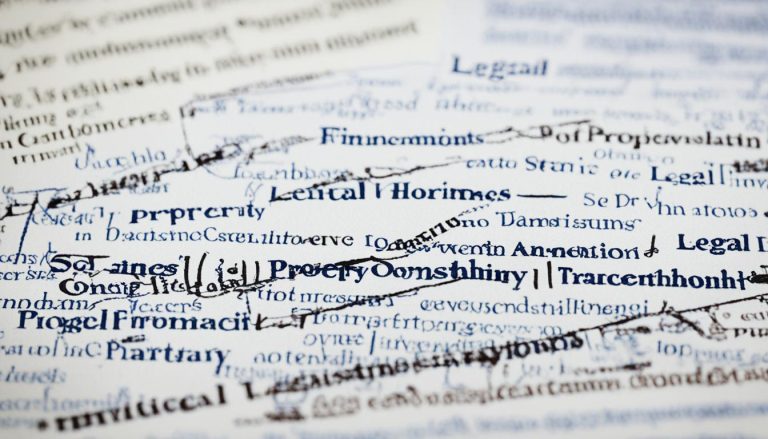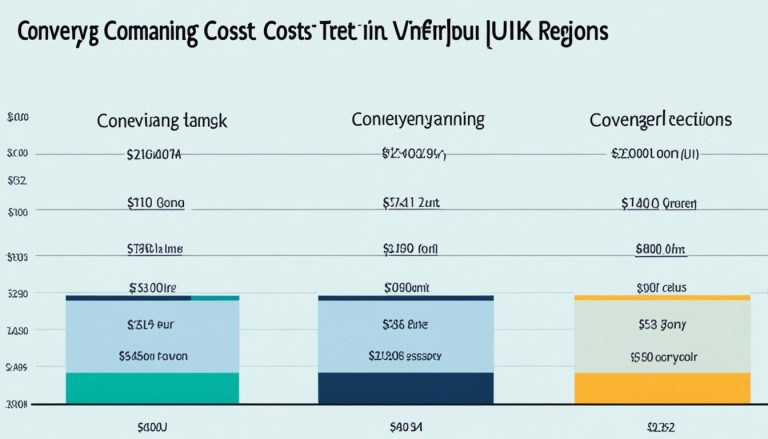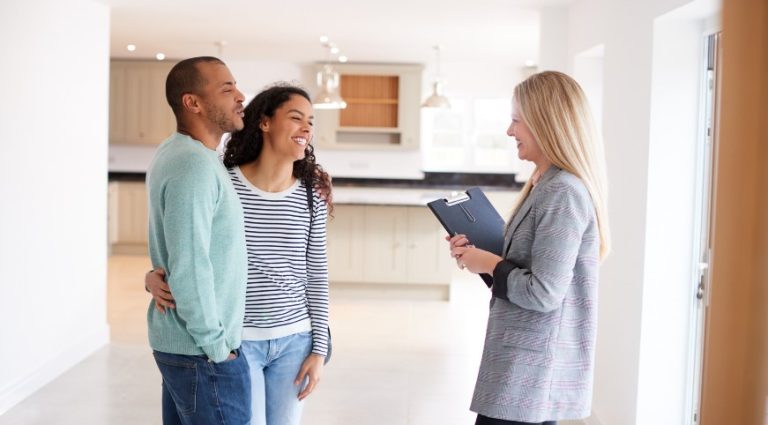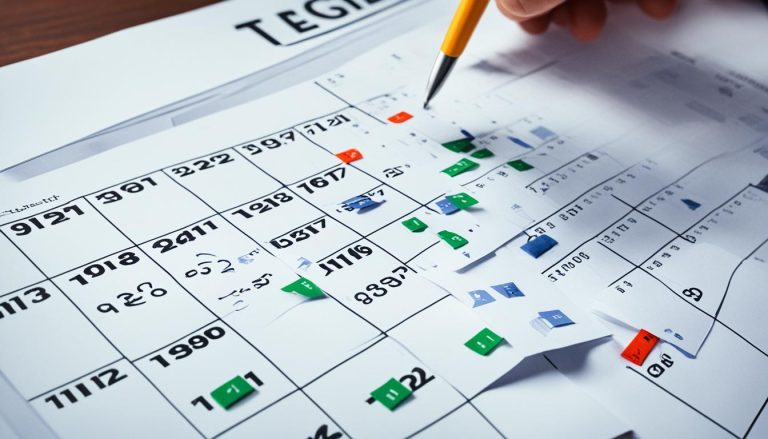Have you ever wondered what happens after you submit an enquiry in the UK? From initial contact to final resolution, the process can be shrouded in mystery. In this blog post, we will delve into the behind-the-scenes of enquiry responses and explore what happens next. Get ready for a deep dive into the world of customer service and discover how your questions are handled from start to finish!
Understanding Conveyancing Enquiries
The conveyancing inquiries, also known as pre-contract inquiries, are a crucial part of the property purchase process in the UK. These enquiries, raised by the buyer’s solicitor to the seller’s solicitor, help ensure a comprehensive understanding of the home-buying process and any potential legal questions or concerns related to the title deeds, property ownership, structural issues, local authority searches, leasehold property, environmental concerns, and fixtures and fittings.
Significance of Conveyancing Enquiries
It is essential to seek the guidance of professional Conveyancing solicitors with the necessary expertise to navigate the complexities of conveyancing inquiries. At Bird & Co, our team handles these conveyancing transactions with meticulous attention to detail. From the initial stages of gathering essential information to conducting thorough property searches, we leave no stone unturned to ensure a comprehensive understanding of the property and its legal implications. Our solicitors are dedicated to guiding you through every step of the process, providing the support and expertise you need to make an informed decision.
Types of Conveyancing Enquiries
The conveyancing enquiries during the home-buying process can cover a wide range of aspects, including but not limited to the title, contract, pre-contract search results, survey, lender requirements, and the buyer’s own inquiries. The legal title is typically split into two main parts: the Property Register and the Proprietorship Register. The Proprietorship Register includes information on the name of the current owners, the price paid on purchase, and the class of title, which can vary from Title Absolute to Possessory Title, Good Leasehold, and Qualified Title.
Buyers must also be mindful of any Notices or Restrictions registered against the property, as these need to be addressed and complied with to avoid potential issues. Additionally, the Charges Register will contain any financial charges or legal interests against the property, usually related to loans from lenders. It is crucial for the buyer’s conveyancer to thoroughly investigate the title to ensure a marketable and clear title for the buyer.
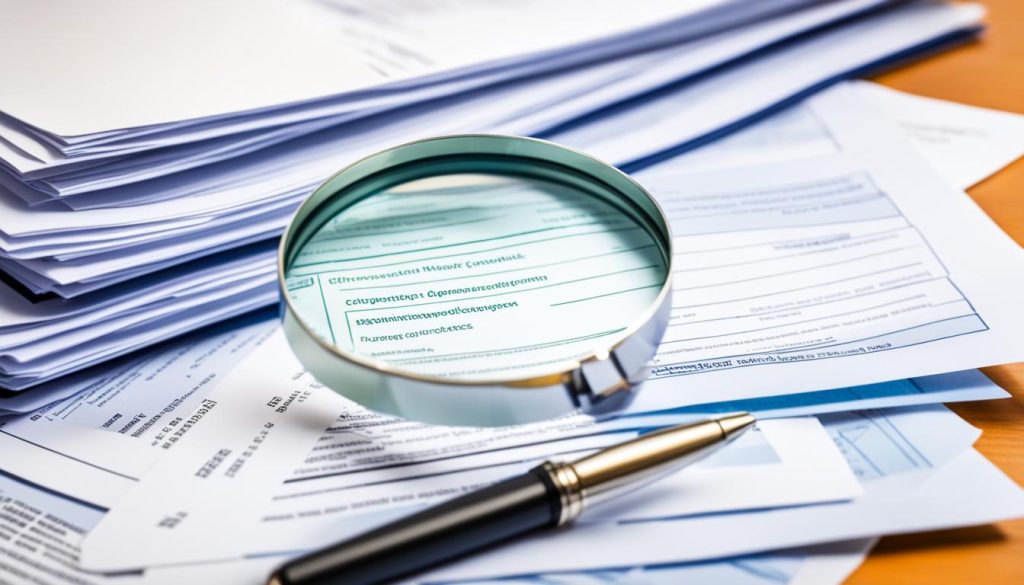
| Conveyancing Process Stage | Timeline | Key Activities |
|---|---|---|
| Documentation | Initial stage | Gathering essential information, conducting property searches |
| Surveys | 2-4 weeks | Arranging and reviewing professional property surveys |
| Getting Ready For The Exchange | Varies | Addressing any outstanding issues, finalising contracts |
| The Exchange | Completion date agreed | Exchanging contracts, paying deposit |
| Completion | Closing the transaction | Finalising the purchase, transferring ownership |
The Timeline: From Enquiries to Contract Exchange
The conveyancing timeline involves a series of steps, from the initial pre-contract enquiries to the final exchange of contracts. Understanding this timeline for contract exchange is crucial for buyers and sellers navigating the conveyancing process in the UK.
When Are Pre-Contract Enquiries Raised?
Pre-contract enquiries are typically raised after an offer has been accepted and the buyer’s solicitor has received a draft contract from the seller’s solicitor, along with supporting documents such as the property’s title deeds. This generally occurs early in the conveyancing process, before the exchange of contracts, to ensure any potential issues are addressed in a timely manner. The timing can vary depending on the specific circumstances of the transaction.
The Enquiries Process
The number of enquiries raised can vary depending on the nature of the transaction, with leasehold or unregistered properties often requiring more enquiries than standard freehold transactions. The buyer’s solicitor will review the contract papers and title deeds, and then raise a series of questions to the seller’s solicitor to gather more information about the property and any potential issues or concerns.
Property Chains and Enquiries
In a property chain, where multiple buyers and sellers are involved, the conveyancing timeline can become more complex. Each party’s solicitor will need to coordinate with the others to ensure the smooth flow of information and the timely resolution of any enquiries. This back-and-forth communication between solicitors can contribute to potential delays in the overall conveyancing process.
What Happens After Enquiries Are Answered?
Once all the post-enquiry process has been satisfactorily addressed, the next steps in buying a house can proceed. This will include the solicitor’s report and contract signing before the exchange of contracts and completion of the transaction. This stage is crucial as it ensures that all potential issues have been dealt with, and both parties have a clear understanding of the property and the legal binding details of the purchase.
Solicitor’s Report and Contract Signing
After the enquiries have been answered, the buyer’s solicitor will prepare a comprehensive solicitor’s report detailing the findings and providing recommendations. This report will outline any issues or concerns that were uncovered during the enquiries process, and advise the buyer on the appropriate next steps. Once the buyer is satisfied with the report, the contract signing can take place, marking a significant milestone in the conveyancing journey.
Exchange of Contracts and Completion
With the contracts signed, the exchange of contracts can then occur, typically within 1 to 2 weeks. This legally binds the transaction, and the deposit payment is made. The final step is completion, where the full purchase price is paid, and the buyer can finally begin the process of moving in to their new home.
The post-enquiry process is a crucial stage in the house-buying journey, ensuring that all relevant information has been uncovered and both parties are fully aware of the details and obligations associated with the transaction. By navigating this stage successfully, buyers can feel confident in their decision and move forward with the purchase, ultimately enjoying a smooth and stress-free legal binding process.
Handling Delays and Issues
The time conveyancing enquiries take can vary, but is often completed in around a fortnight. This timeframe can be influenced by several factors, including the complexity of the sale, the number of enquiries raised, and the responsiveness of the seller in addressing the concerns. If there is a property chain involved, with multiple buyers and sellers, the duration of the enquiry process may extend as each party in the chain has their own set of enquiries to be resolved.
Factors Affecting the Timeline
While the average time expected for the inquiry stage in a property transaction is 3-6 weeks, there are several factors that can affect the timeline. Unusually complex sales, uncooperative sellers, or property chains can all contribute to conveyancing delays and extend the enquiry process beyond the typical timeframe.
Addressing Concerns After Enquiries
Conveyancing enquiries are crucial in providing necessary information about the property being purchased, helping to prevent unforeseen problems in the future. Open communication with the solicitor is essential for a smooth transaction, as any post-enquiry issues or concerns raised need to be resolved promptly to avoid further delays or legal risks. Depending on the nature of the issues, specialist legal insurance policies known as indemnity policies may need to be considered.
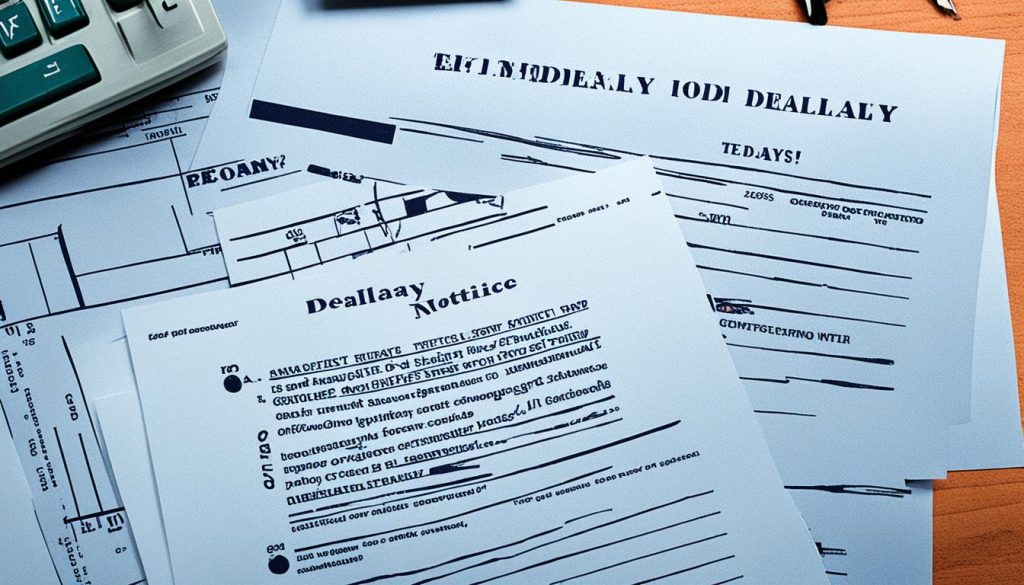
Conclusion
In conclusion, conveyancing enquiries are a critical part of the house-buying process in the UK. They help ensure that buyers have a comprehensive understanding of the property they are purchasing, allowing them to make an informed decision and avoid any unexpected issues or costs down the line. The importance of conveyancing enquiries lies in their role in identifying potential risks associated with a property, such as structural issues, environmental concerns, or legal complications.
The process of handling conveyancing enquiries involves the expertise of professional solicitors, who guide buyers through the complexities of property transactions. By conducting necessary searches and addressing any concerns raised, solicitors help facilitate a smooth house-buying process, minimising delays and legal issues. This, in turn, promotes a positive outcome for the buyer, who can confidently proceed with the purchase, secure in the knowledge that they have made an informed decision.
Ultimately, the key takeaways from the conveyancing enquiries process are the importance of informed decision-making, the pivotal role of solicitors in ensuring a seamless transaction, and the overall benefits of a well-executed house-buying process that avoids legal pitfalls. By prioritising conveyancing enquiries, buyers can navigate the property market with confidence, ultimately leading to a successful and satisfying home purchase.
FAQ
When are pre-contract enquiries raised?
Pre-contract enquiries are typically raised after an offer has been accepted and the buyer’s solicitor has received a draft contract from the seller’s solicitor, along with supporting documents such as the property’s title deeds. This occurs early on in the conveyancing process, before the exchange of contracts, to ensure any potential issues are addressed in a timely manner.
How long do conveyancing enquiries take?
The time conveyancing enquiries take can vary but is often completed in a fortnight or so. It all depends on how complex the sale is, how many enquiries there are, and how quickly the seller can answer the questions. If there are a lot of people involved in the chain, it may take a little longer.
What happens after all enquiries have been answered?
Once all the enquiries have been satisfactorily answered, the next steps in buying a house can proceed. This will include raising enquiries after searches, which is an important stage as it means that all the potential issues have been dealt with and both parties have a clear understanding of all aspects of the property and the transaction.


